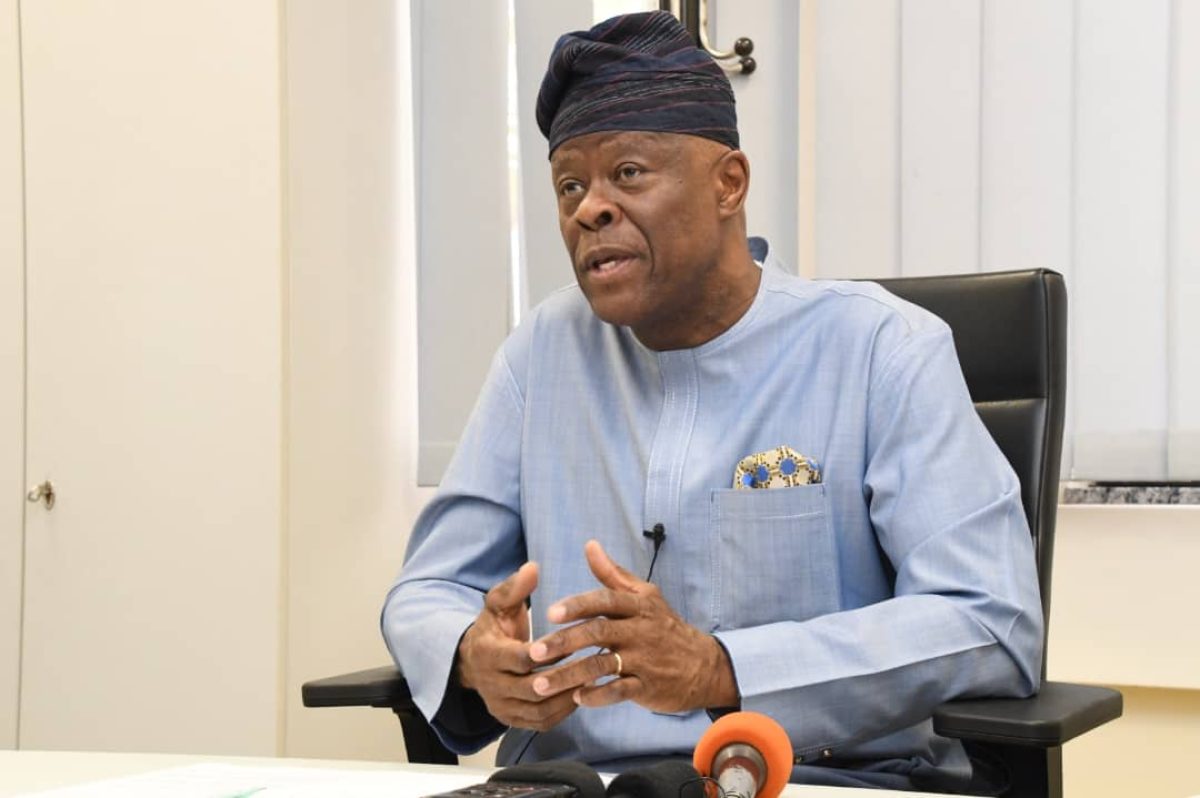In a recent address, Nigerian Finance Minister Wale Edun spoke on two of the country’s most debated economic policies: the market-based foreign exchange (FX) rate and the deregulation of oil pricing.
Edun underscored these moves as necessary for stabilizing Nigeria’s economy amid mounting fiscal challenges.
While acknowledging short-term disruptions, he emphasized that both measures are essential for restoring investor confidence, boosting foreign reserves, and fostering sustainable economic growth.
Edun’s comments come in the wake of ongoing inflation and currency depreciation concerns, especially as the naira’s value continues to fluctuate following its devaluation and the recent removal of fuel subsidies.
These policy shifts have drawn scrutiny from economists and citizens alike, as higher import costs and fuel prices have placed significant strain on household budgets.
Analysts have pointed out that the shift to a market-driven forex rate reflects Nigeria’s commitment to aligning with international standards, aiming to make the country more appealing to foreign investors.
READ ALSO: Nigeria’s economy thriving with $55bn in non-oil exports, says Wale Edun
Bismarck Rewane, a prominent economist, noted, “This is a long-overdue adjustment that acknowledges the realities of supply and demand. But the key challenge lies in ensuring adequate dollar liquidity to support this new regime, which will be critical for maintaining stability and avoiding drastic devaluations.”
Financial markets have reacted with cautious optimism to the new policy, as investors await a more stable and transparent exchange rate system.
Analysts have observed that while the naira has suffered in the short term, greater forex market transparency could eventually draw more foreign investment, as Nigeria’s multiple exchange rates had previously been a deterrent for external stakeholders.
A managing director at a Lagos-based investment firm added, “In theory, a market-based forex system should reduce opportunities for arbitrage and corruption, which have long plagued the Nigerian economy. However, without adequate dollar inflows and economic buffers, there is still risk of volatility.”
In addition to forex reforms, Minister Edun addressed the deregulation of oil pricing.
He acknowledged the hardships brought by fuel price increases but argued that this move would ultimately improve efficiency in Nigeria’s petroleum sector.
Since the removal of subsidies, fuel prices have nearly tripled, and many Nigerians are feeling the pinch, with transportation and energy costs soaring.
READ ALSO: Nigerians have lost faith in Naira — Minister of Finance, Wale Edun
Oil industry analysts have noted that the deregulation of fuel pricing could unlock investment in Nigeria’s downstream oil sector.
“When subsidies were in place, the downstream oil sector lacked incentive for investment, as profit margins were tightly controlled,” explained Femi Oshinubi, an oil and gas consultant.
“With deregulation, we could see an influx of private investment, as companies now have the ability to set prices based on global market conditions.”
However, Oshinubi warned that without social programs to offset rising costs for consumers, the policy could exacerbate poverty levels.
“This approach can lead to a stronger economy in the long run, but the immediate impact is that the average Nigerian faces a much higher cost of living,” he said, urging the government to implement targeted support for vulnerable groups.

 Entertainment5 days ago
Entertainment5 days ago
 Health7 days ago
Health7 days ago
 Comments and Issues1 week ago
Comments and Issues1 week ago
 Health4 days ago
Health4 days ago
 Football1 week ago
Football1 week ago
 Football7 days ago
Football7 days ago
 Crime4 days ago
Crime4 days ago
 Education6 days ago
Education6 days ago

